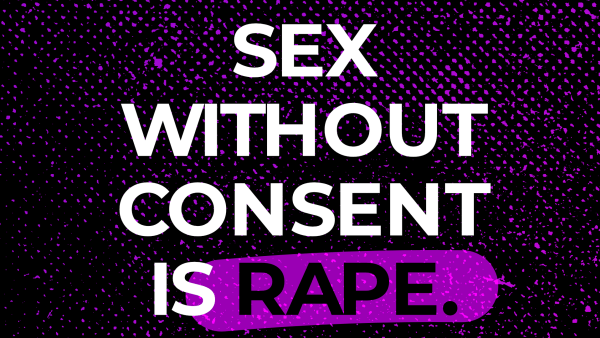Today the European Parliament’s employment and social affairs, and women’s rights and gender equality committees voted for the negotiating mandate and Parliament’s position on the new pay transparency law, a first necessary step to end pay discrimination between men and women. This gap remains very high: on average, women in the EU earn 14.1% less than men in comparable positions.
The new law, proposed by the European Commission last year following the S&Ds’ long-standing calls for action, will allow for pay transparency in companies: workers will have the right to receive information about pay and recruiters will be forbidden from asking candidates about their current pay to avoid reproducing gendered structures.
For the Socialists and Democrats it is crucial that the new rules apply to all employers and all workers. While other political groups insisted on limiting rules on obligatory reporting only to companies with at least 50 workers – prioritising the protection of companies over protecting workers – the S&Ds secured other tools applying to all companies.
In addition, the S&Ds also secured a negotiating mandate which includes a strong definition on workers’ representatives, strengthening of social dialogue and collective bargaining, and gender-neutral language so that the Directive applies to all workers in all their diversity. Finally, to fight the systematic lower pay in female-dominated sectors, the S&Ds insisted on provisions allowing cross-sector comparisons and the collection of more data.
Evelyn Regner MEP, the S&D negotiator on pay transparency in the women’s rights and gender equality committee, said:
“Our aim was to make sure that the gender pay gap is finally closed and that this is not the task of workers, mostly women, going to court but rather the obligation of companies and member states. We fought for cultural changes like the possibility for workers to freely talk about their pay and to have information on pay levels and we created incentives for all companies to comply with the rules. Transparency is key in the fight for gender equality and thanks to the strengthening of the monitoring body and the gathering of data, we are coming much closer to equal pay for equal work and work of equal value for everyone.”
Marc Angel MEP, S&D negotiator in the employment and social affairs committee, said:
"The agreement reached today will improve the Commission proposal which risked excluding roughly 67% of all workers in the EU from the scope of the directive. Indeed, the Parliament deal will make this directive apply to all workers in all their diversity. It will create pay transparency in both public and private companies; impose sanctions for non-compliance; and give compensation to those affected. The companies will be obliged to report on their gender pay gap and address any unwarranted imbalances. Social partners will be given a key role in this process by strengthening their role in tackling inequalities at the workplace. Pay transparency will represent swift progress for gender equality and overall will represent a crucial tool in eliminating the gender pay gap in Europe. It is time to deliver it. And now, the ball is in the Council's Court. "
Note to editors
The Parliament will start the negotiation on pay transparency with the Council immediately after the vote in the plenary, possibly in April.










